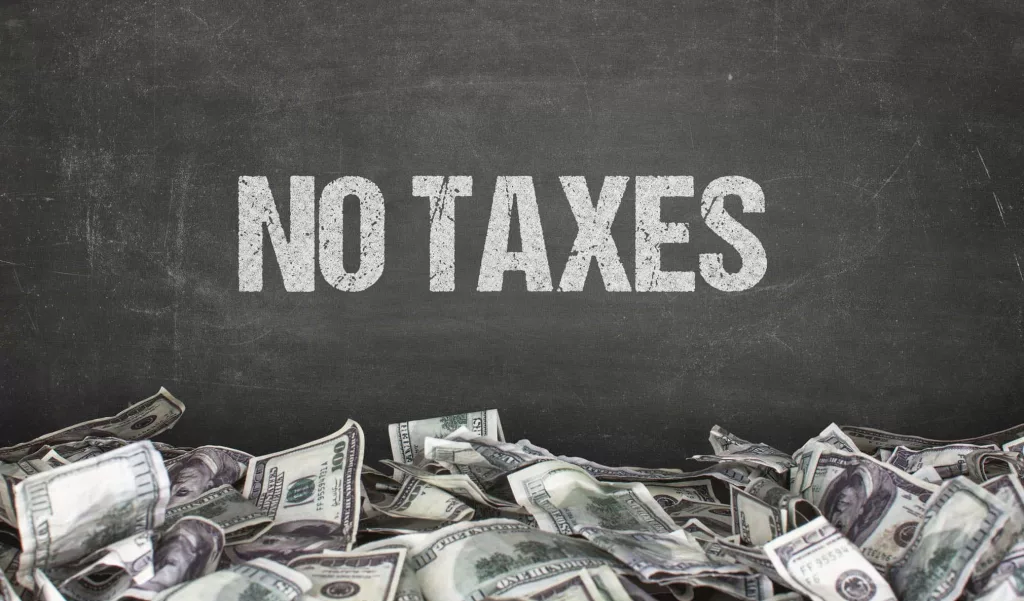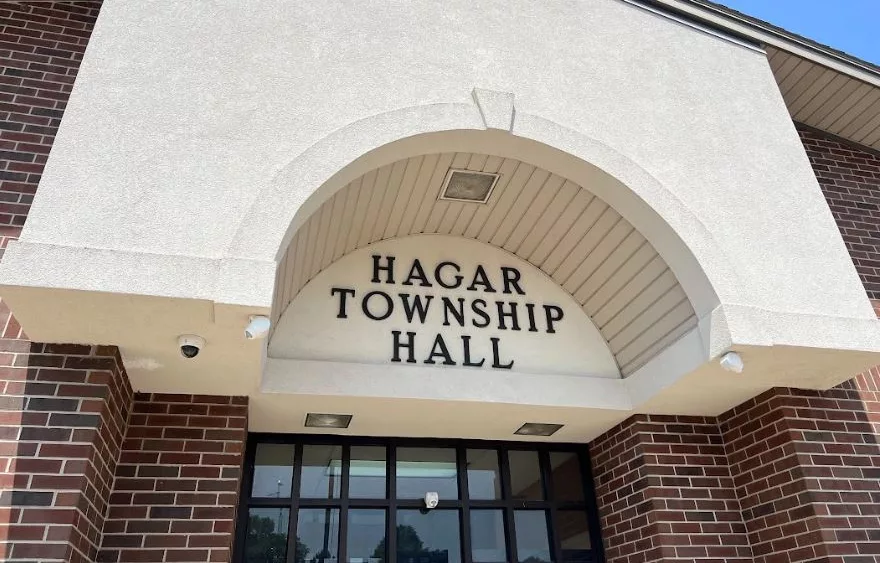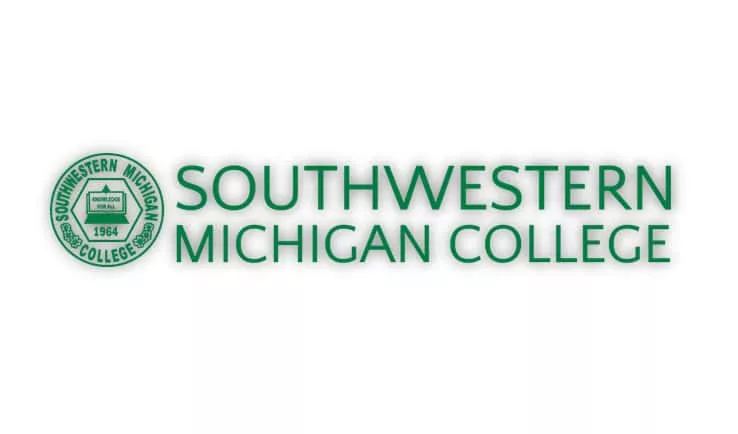If anyone decides they’re going to go after “unhealthy” beverages in Michigan by establishing a “pop” or “soda” tax, they’ll have an instantaneous fight on their hands with one of the state’s leading small business organizations.
The National Federation of Independent Business, or NFIB for short, is linking arms with other business groups, organized labor, and representatives from the agricultural industry in support of legislation that would halt any local effort to tax food and beverages.
Michigan NFIB State Director Charlie Owens says, “Cities and counties around the country have been enacting so called “pop” or “soda” taxes on beverages that they deem to be ‘unhealthy’.” Owens argues, “However, these taxes always end up applying to hundreds of beverages beyond soft drinks and create a regulatory nightmare for small business.”
Owens reports that the California cities of San Francisco, Oakland, and Albany, as well as officials in Boulder, Colorado, Seattle, Washington, Philadelphia, and Cook County, Illinois have all imposed these taxes and it is only a matter of time before local governments in Michigan consider similar tax proposals. Owens also says that after pop and soda are taxed the next step will be food items.
In a proactive approach to curb any such effort before it gains momentum, Senate Bill 583, introduced by Senator Peter MacGregor, and House Bill 4999, introduced by Representative Rob VerHeulen would prohibit local governments from enacting any local tax on food or beverage.
Owens says, “While local governments and advocates of these taxes want everyone to believe that they are acting in the interest of public health and safety, the real motivation is to raise revenue to fund more local government growth and bureaucracy and to bail out local budget deficits from years of over-spending.” He adds, “In the case of Cook County, they have not been shy about admitting that the revenue would help offset the burden of unfunded pension liabilities for local government employees.”
Owens also says that Michigan’s sales tax is supposed to be levied at the state level only and any increase in the rate requires a vote of the people. He contends, “Allowing local governments to creep around this by calling it an ‘excise tax’ or a ‘healthy food tax’ – or whatever, is just a ruse to impose a local sales tax.”
Hearings on the bills were held today in both the Senate and House Competitiveness Committees.
For more information about NFIB, you can visit www.nfib.com.






